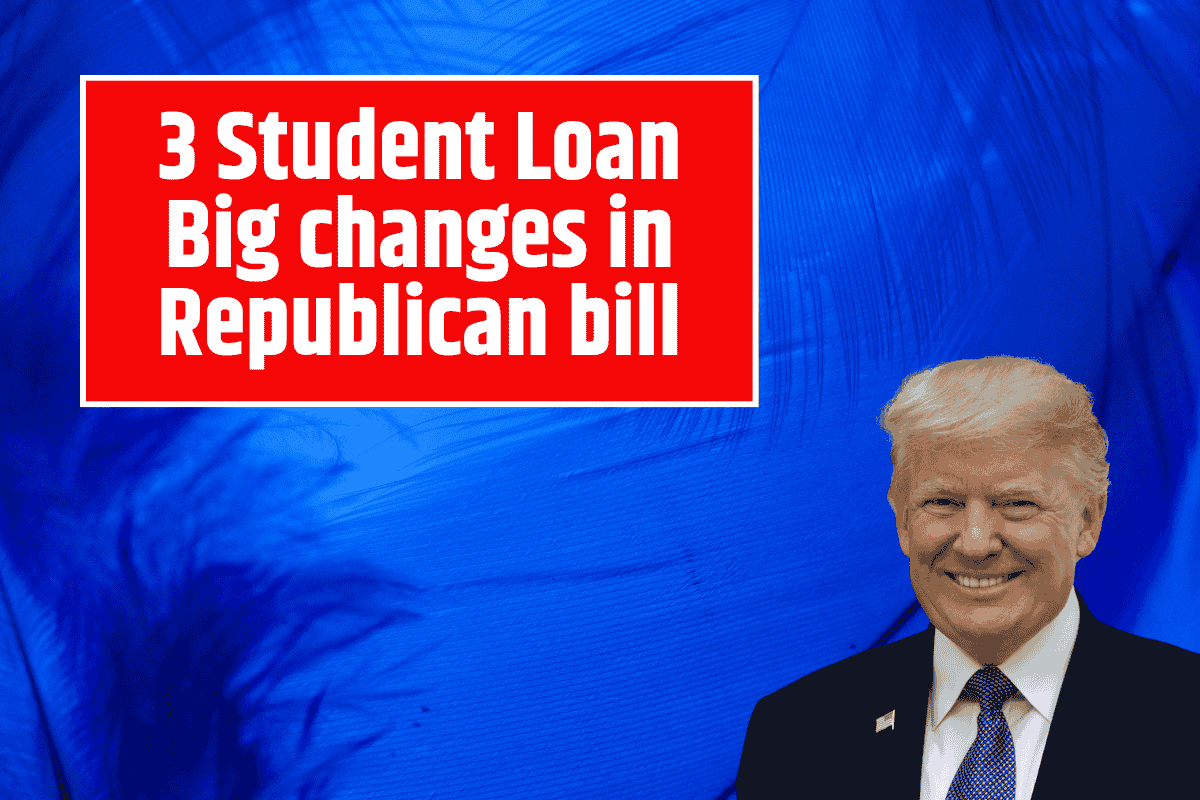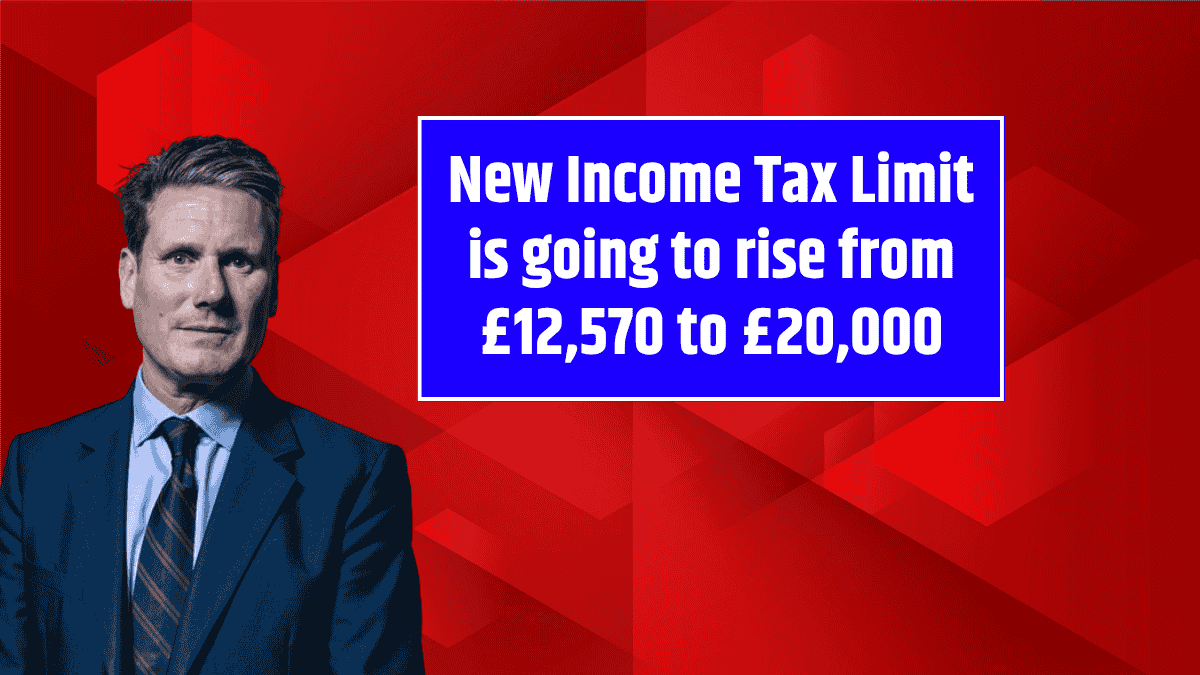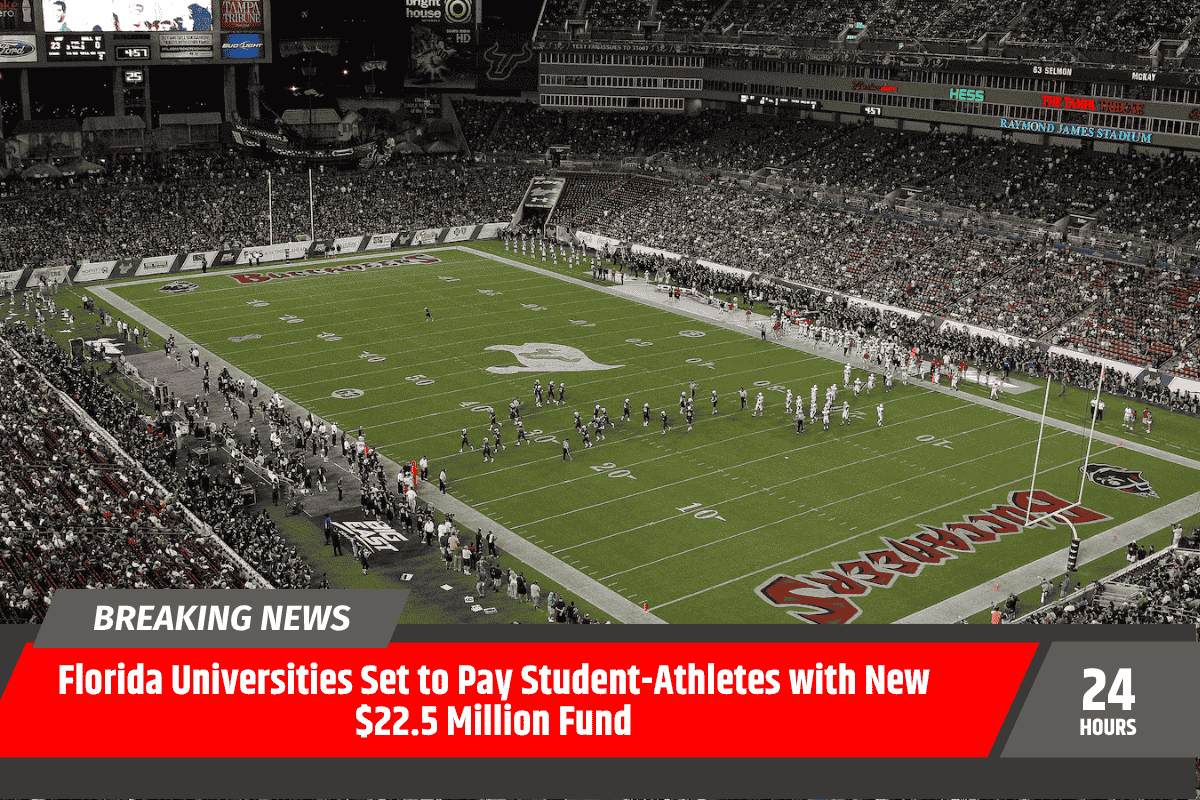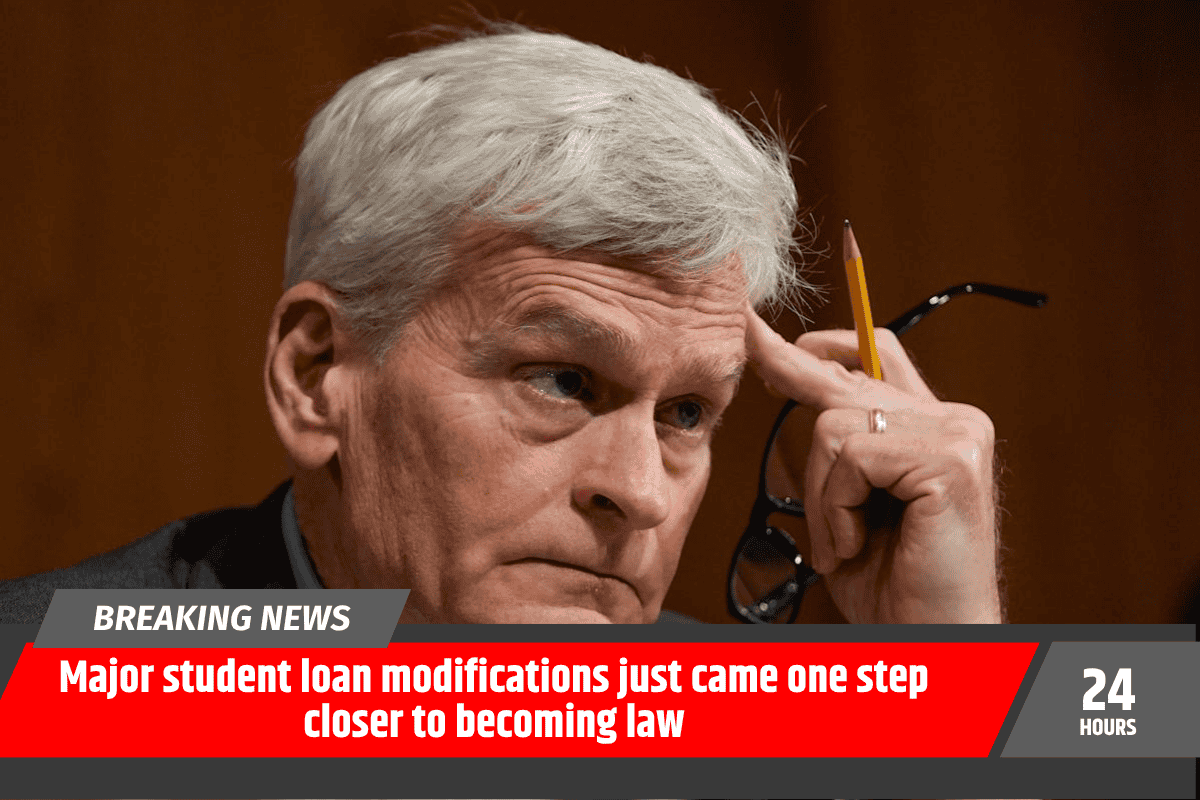Republicans are pushing for major changes to the U.S. federal student loan system through their proposed “One Big Beautiful Bill Act.”
If passed, this legislation would make significant shifts in how student loans are repaid, potentially making it harder for borrowers to manage their debt.
The proposals include fewer repayment options, longer timelines for loan forgiveness, and limited options for pausing payments during financial hardship.
This article explores these proposed changes and their potential effects on student loan borrowers.
Fewer Repayment Plans, Larger Bills
One of the key changes in the Republican proposals is the reduction in the number of repayment plans available to borrowers. Currently, there are many options for repaying federal student loans, but under the GOP plan, there would only be two choices:
- Standard Repayment Plan: This plan would require fixed monthly payments over a period of 10 to 25 years, depending on the amount borrowed.
- Repayment Assistance Plan (RAP): This income-driven plan would require monthly payments ranging from 1% to 10% of a borrower’s income. The higher the income, the larger the payment. There would also be a minimum monthly payment of $10 for all borrowers.
Consumer advocates warn that the new repayment plans could lead to much higher annual payments.
For example, borrowers could pay an additional $2,929 per year under the RAP plan, compared to current repayment options under the Biden administration’s SAVE plan.
Critics argue that this change would make it harder for borrowers to afford their monthly payments, potentially leading to more defaults.
Longer Timelines for Loan Forgiveness
Under the new GOP plan, borrowers on the standard repayment plan would face extended repayment periods. Currently, most borrowers can pay off their loans in 10 years. However, under the proposed changes, repayment periods would vary depending on the size of the loan:
- Loans over $50,000: Repayment could take up to 15 years.
- Loans over $100,000: Repayment could extend up to 25 years.
While current income-driven repayment plans offer loan forgiveness after 20 to 25 years, the proposed RAP plan would not lead to debt forgiveness until after 30 years.
This longer repayment period could mean that borrowers are stuck with their loans for the majority of their adult lives, further complicating the already difficult task of managing student loan debt.
Fewer Ways to Pause Payments
Another significant change in the GOP proposals is the removal of options for pausing payments during periods of financial hardship or unemployment.
Under the current system, borrowers can apply for economic hardship or unemployment deferments, which allow them to pause their payments for up to three years without accruing additional interest on their debt.
However, the GOP bill would eliminate these deferments for loans taken out after July 1, 2025 (under the House bill) or July 1, 2026 (under the Senate proposal).
Without these protections, borrowers who lose their job or face other financial setbacks could be forced into delinquency and default, as they would have no way to pause their payments.
The Republican proposals to overhaul the federal student loan system are controversial and could have serious consequences for millions of borrowers.
By limiting repayment options, extending loan forgiveness timelines, and reducing the ability to pause payments, these changes could make it even harder for borrowers to manage their student debt.
Consumer advocates argue that these reforms prioritize tax cuts over the financial well-being of borrowers, and many fear that the changes will only deepen the student loan crisis.
FAQs
What is the GOP’s ‘One Big Beautiful Bill Act’?
It is a proposed bill that aims to overhaul the federal student loan system, introducing fewer repayment plans, longer timelines for loan forgiveness, and eliminating relief options like unemployment deferments.
How would the GOP’s bill change student loan repayment?
The bill would reduce repayment plans to just two options, make loans harder to pay off by extending repayment periods, and eliminate options for pausing payments during financial hardship or unemployment.
How long would it take to pay off loans under the GOP plan?
Under the new proposals, borrowers could take 10 to 25 years to repay their loans, depending on how much they owe. The Repayment Assistance Plan could stretch the repayment period up to 30 years before debt forgiveness.
What are the main concerns about the GOP student loan proposal?
Consumer advocates are concerned that the bill would make it harder for borrowers to manage their loans, potentially leading to defaults and deeper financial struggles for those already struggling with student debt.
When would the changes take effect?
The changes would apply to new loans taken out after July 1, 2025, or 2026, depending on whether the House or Senate version of the bill is passed.












